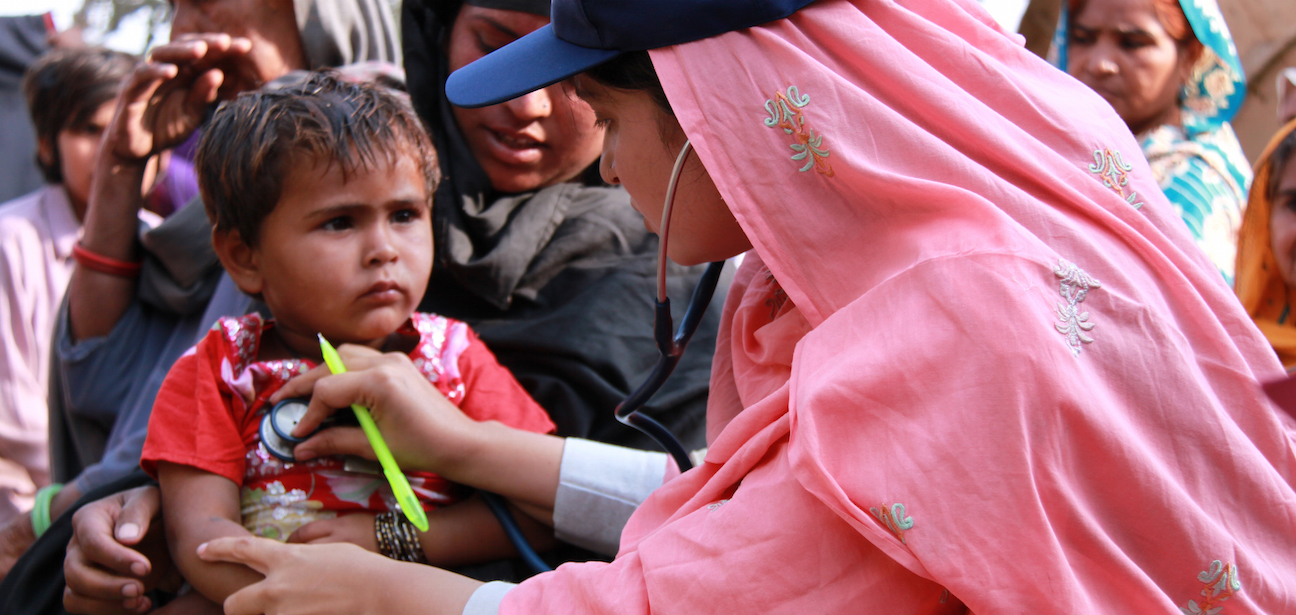In Spring 2015, Social Science Matrix sponsored a prospecting seminar to support the Biomedical and Social Science Collaborative (BMSSC), which brought together faculty and graduate students from the fields of biostatistics, medicine, and political science to study issues related to governance and global health delivery.
At the heart of this seminar is a concern that modern medicine does not effectively reach global populations. “In the health sciences, consensus has grown that despite 50 years of rapid advancement in basic and clinical research, these innovations have failed to reach ‘real world’ populations in need," explained the seminar’s organizers—among them Thad Dunning, Professor of Political Science at UC Berkeley; Elvin Geng, Assistant Adjunct Professor of Medicine at UC San Francisco; and Maya Petersen, Assistant Professor of Biostatistics and Epidemiology at UC Berkeley—in their proposal. "It is estimated that Americans receive 50% of indicated medical care (and are also harmed by as much expensive unindicated care)…. Globally, despite the presence of efficacious treatment for malaria, tuberculosis and HIV for decades, these three diseases continue to constitute the majority of the burden of death and disability in Africa and together an estimated 3.6 million deaths a year.”
Through the Matrix seminar, the researchers explored experimental designs from both the health and social-science disciplines, and they collaborated in conceiving research designs, pre-analysis plans, and experiments that could yield improved health care delivery in diverse contexts. Their work was necessarily cross-disciplinary as tackling the global healthcare challenge requires a vast network of people and institutions. “Advancing the health of populations must involve understanding the behavior of governments, organizations, individual health workers, communities, and individual patients in the context of health, areas not traditionally within the scope of health sciences," the team wrote. "Insights from social sciences—including how social scientists use rigorous, often experimental and mixed-method evidence to understand what motivates public servants to improve delivery methods—have to date not been fully brought to bear on the science of health care delivery."
This Matrix seminar has potential to usher in innovative new approaches developed in partnership by social scientists and health experts. "The emerging dialogue between these rich but traditionally disparate fields," the researchers wrote, "presents unprecedented opportunities for novel scientific insights and methodological development.”
